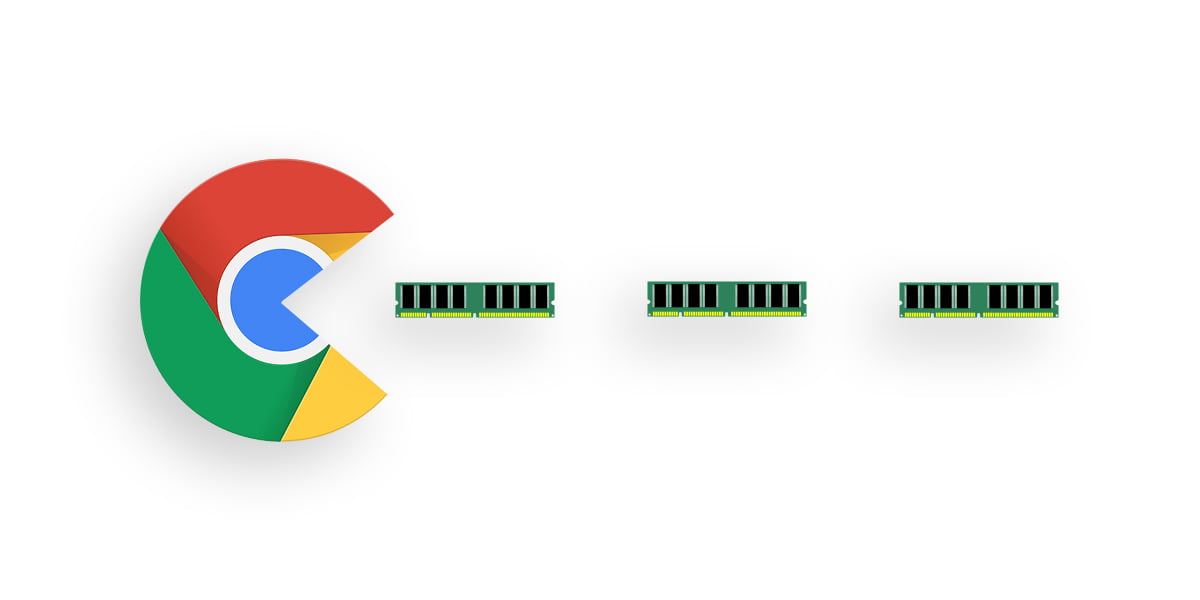Chrome in Windows 10 has a very high RAM consumption but Google will solve this problem soon. The company committed to improving the performance and user experience of Chrome in Windows 10. May 2020 Update, also known as 2004, introduced significant improvements to the “Segment Heap” feature of Windows 10 that allows optimized RAM consumption in Win32 applications, including web browsers.
- Google Chrome Cleanup is an integrated anti-malware tool developed by ESET
- Google Stadia officially arrives on iPhone and iPad
- Google Photos will use AI to detect depth and add 3D and motion effects to photos
Google had planned to take advantage of these improvements to reduce the RAM consumption of Chrome in Windows 10, but in the end, the development team decided to disable it and to bet on the “ParitionAlloc-Everywhere” feature, which has been in development, according to some sources, since last August.
Google has its own reasons for choosing that feature instead of continuing the “Segment Heap” project to improve the performance and the experience.
How Google will solve RAM consumption problems in Windows 10?
Thanks to the “ParitionAlloc-Everywhere” feature, Google assures that they will be able to significantly reduce Chrome’s RAM consumption in Windows 10, although this will not be the only advantage that this feature will bring. They will also improve the memory allocators in the browser, and the same will happen with security.
How exactly the RAM consumption will be reduced? Simple, through more efficient management of available resources. This will also contribute to reducing security problems, thanks to a stricter and better-adjusted allocation of resources (with less margin for intrusions and attacks). Security will also be improved with the “MiraclePtr” feature, which requires PartitionAlloc.

We do not yet have specific details about when it will be possible to start enjoying these improvements, but it is said that we will have more information by mid-2021, which means that there is still work to be done. Google will also improve other aspects to reduce errors, including process closure.
Microsoft has already highlighted the importance of improving RAM management in browsers to reduce consumption on several occasions and has managed to lead by example by implementing advanced functions in Edge Chromium, a browser that intelligently manages the RAM it needs by resorting to very useful features, such as “Sleeping Tabs”, which reduce the memory consumption produced by tabs that we have open, but which are inactive for a long time.





